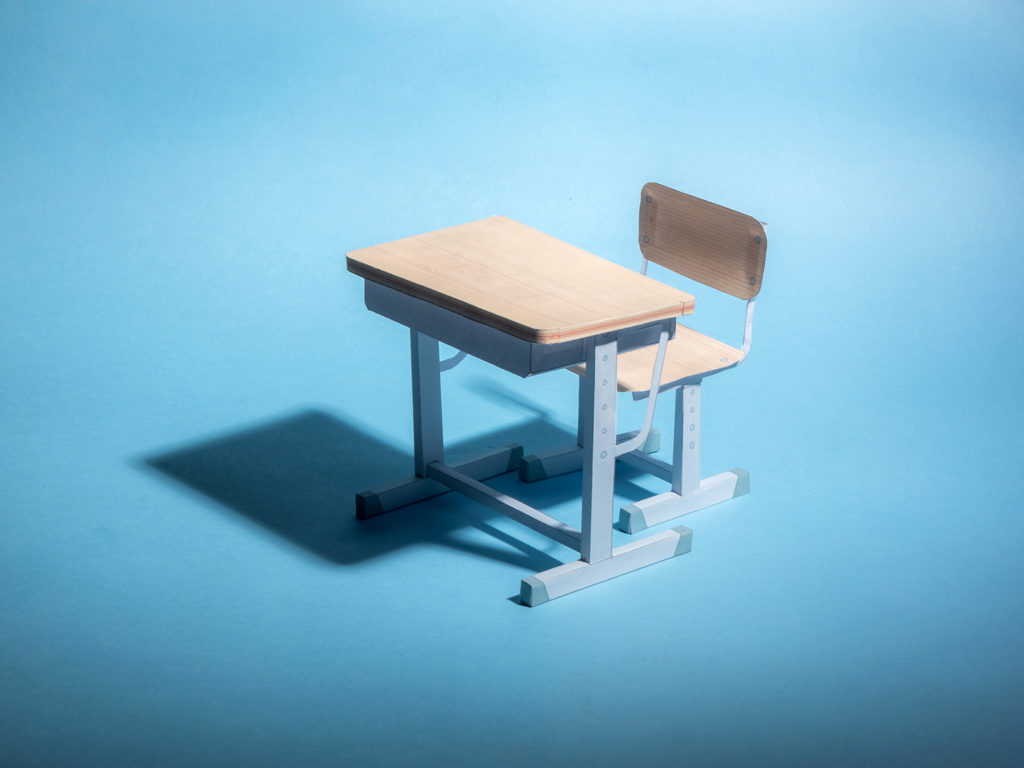
Brazilian education activist/philosopher Paulo Freire said, “Conflict is the midwife of consciousness.” Crisis breeds ingenuity and adaptation. The current pandemic has revealed plenty about what we misprized and how we persevere. We learned, for example, how difficult it is to provide support to new teachers who have never taught outside a physical classroom, and how hard it is for them to deliver constructive activities from a distance, especially to young, neuro-diverse, multilingual, housing insecure, disconnected and/or rural students. The pandemic revealed fissures in school funding mechanisms and chasms in the socioeconomics of home environments. We undervalued school provisions of nutrition, enrichment, physical space, teacher labor, physical and mental health support, child care and social cohesion.
Though instructional technology tools may have allowed a certain (and important) degree of instructional continuity, all relationships in schools have been interrupted, for good and bad. These effects will ripple for years. Loved ones have been lost. Interrupted are our relationships with standardized testing, school policing, grades and other forms of tracking. Conversely, student-teacher relationships and meaningful daily engagement in curricular activities have been interrupted. Many worry about “learning loss” and other deficits. Student mental health and social development are impeded. All of our relationships have been encumbered.
So, what will change? In “Tinkering Toward Utopia: A Century of Public School Reform,” David Tyack and Larry Cuban discuss ways the U.S. incessantly tinkers with schooling while the essential “grammar” of schooling persists. Unfortunately, we, too, often suffer from inertia and amnesia. While I hope we act upon new understandings about the essentials in education, the importance of relationships, our capacity for adaptation, and the inequities we have institutionalized, I fear the desire for a return to “normal” arrangements might override durable reforms. Nevertheless, I am heartened by calls to dismantle barriers to equity, and we just might resist staying on an old trajectory.
Ernesto Colín is a former public high school teacher and associate professor of teaching and learning in the LMU School of Education. Colín teaches courses about school reform, diversity, anthropology, teacher education and research methods in education. He is also a school board member (trustee) for Semillas Community Schools in East Los Angeles. His article on technology and education appeared in the summer 2016 (Vol. 6, No. 2) issue of LMU Magazine.
Tell Us Your Story
The COVID-19 pandemic has forced us to adapt and change many of the ways we do our work in almost every sector of society. Are there pandemic-related changes in your field of work or expertise that will last beyond the crisis?
Tell us in 250 words about the most important change, for better or for worse, that you see being long-lasting in your world of work. Email your reflection to magazine@lmu.edu, along with your name, email address, your relationship to the university, and your profession or area of expertise/work and we’ll post some to the LMU Magazine website on the Afterlife page in the coming weeks.—The Editor.
